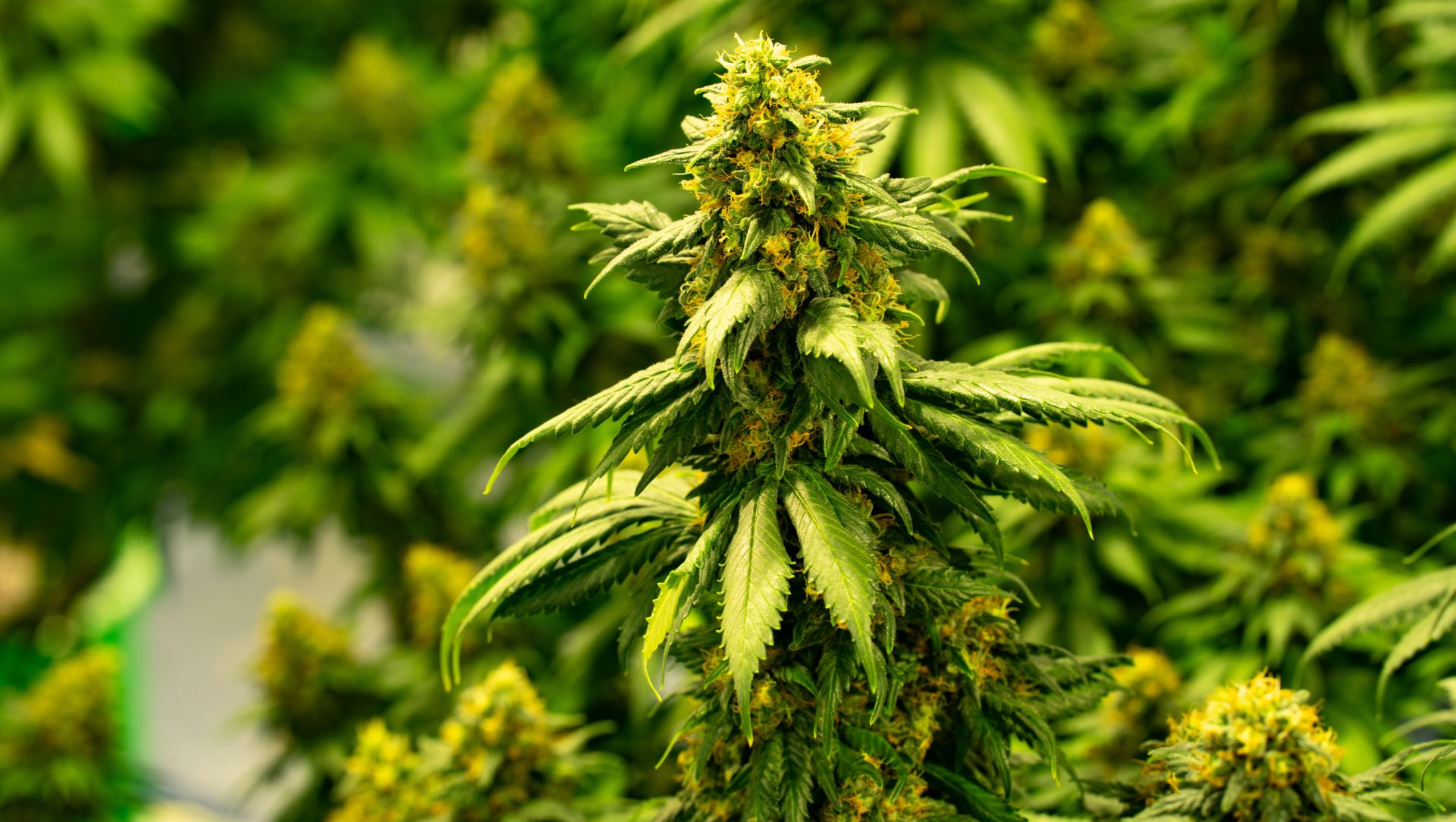
Retail sales figures for Massachusetts’ adult-use market for August are now available on the state Cannabis Control Commission’s (CCC’s) Open Data Platform, which includes information on retail sales and product distribution in the state’s adult-use market, as well as data on plant counts from licensed cultivators.
In August, licensed adult-use retailers in Massachusetts generated over $49.2 million in gross revenue. That figure is up by 9.1% compared to July’s adult-use sales of over $45.1 million. The rate of sales growth observed from July to August actually increased compared to the 8.9% increase documented from June to July. As we have noted in our previous discussions of adult-use sales in Massachusetts, monthly revenues have grown at a strong clip, but prior to August the rate of increase had been slowing progressively as 2019 wore on.
Massachusetts’ adult-use market remains relatively small in terms of the number of licensed businesses operating, and it continues to grow slowly. By late July, 22 retailers had received permission from the CCC to sell to the adult-use market, a number that increased to 23 as of August 8. For context, Colorado and Oregon, both states with significantly smaller populations than Massachusetts, support 574 and 660 active adult-use cannabis retailers, respectively, based on the most recent official information from each state.
Plant count information contained in the state’s Open Data Platform indicates that the number of plants harvested in August continued to grow compared to the month prior. Final figures for August show 27,143 plants harvested that month, up by 7.5% from 25,251 plants cut down in July. The number of plants harvested in August represents a record for Massachusetts’ adult-use market, exceeding the previous high of just over 25,500 set in June.
As of August 8, 16 cultivators have been approved to supply the state’s adult-use market. We pointed out in our prior discussion of sales and production in Massachusetts that information from state regulators shows that all licensed adult-use cultivators are part of vertically integrated operations, reflecting the original structure mandated in the state’s medical market. Consequently, it is likely that the bulk of their production goes to supply associated retail and extraction businesses. Meanwhile, four of the licensed retailers with permission to operate in August are not currently associated with cultivation operations permitted in Massachusetts’ adult-use sector, and so must purchase their products wholesale.
Massachusetts’ Spot Index was fairly stable through the first half of August, then dipped and spiked, respectively, in the final two weeks of the month. Overall, the state’s weekly volume-weighted rate ended August up by 1.2% from the price observed in the opening week of the month. For August as a whole, Massachusetts’ Spot Price average was up by 0.8% from July’s monthly mean.
Data from the state’s medical cannabis program, including the volume of sales made to patients, has still not been updated by regulators beyond March 2019. We will report on demand in Massachusetts’ sizeable medical cannabis program when new information becomes available.